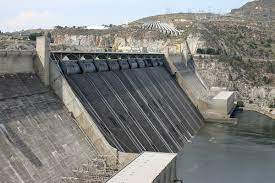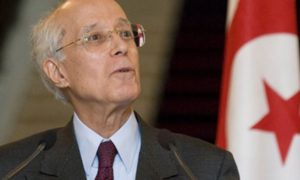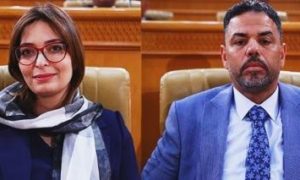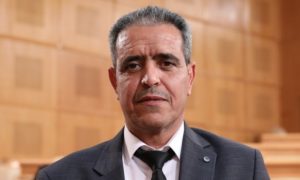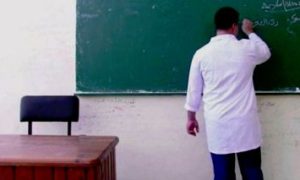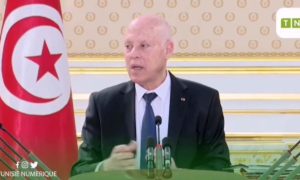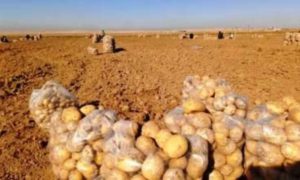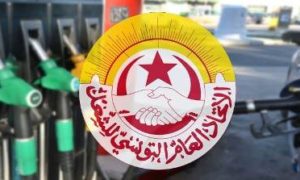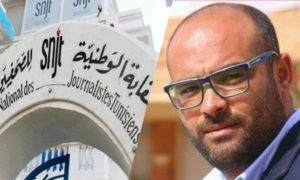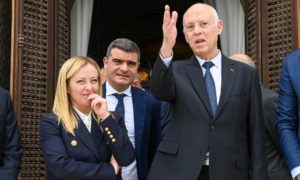Tunisia will dedicate an amount of 656 million dinars (MD) to invest in the water sector, in 2024, and effectively start the implementation of a program to transfer excess water to the centre and continue the exploitation of treated water in the agricultural sector.
The government supplied detailed data on investments in this sector as part of the projects of the Ministry of Agriculture, included in the draft state budget for the year 2024, including the distribution of about 260 MD to development projects and 397 MD to continue the enactment of investment projects.
The government will give investment subsidies in the water sector estimated at 16 MD, will back the water pumping program at a cost of 25 MD and will continue to provide Béja and Bizerte with drinking water as part of the project to supply rural areas with drinking water, in addition to dedicating 237 MD to the special project to consolidate water resources.
Tunisia will continue the realisation of the Zarat seawater desalination plant, notably the first tranche, which will supply 50,000 cubic meters per day, and the first tranche of the seawater desalination project in Sfax, which will provide 100,000 cubic meters per day.
With respect to investment projects in the field of water in particular, the government intends to actually begin the construction of the Khallal and Raghai dams, at a cost of approximately 393 MD, funded by the Arab Fund for Economic Development. and social (FADES) and the German Development Bank (KFW), and to continue the development of the Arousiya canal, at a cost of 75 MD.
The list of projects likewise includes the maintenance of hydraulic systems, the continuation of the implementation of the upper Malak dam project at a cost of 277 MD, the growth in the capacity of the Bouhartama dam reservoir, the modernization of the infrastructure of the Majerda-Cap canal good at a cost of 301 MD and continue the completion of works on the Saida and Kalaa Kobra reservoirs.
The Ministry of Agriculture will continue to renovate or substitute deep wells in southern Tunisia, at a cost of around 190 MD, financed by the European Bank for Reconstruction and Development (EBRD).
The Ministry of Agriculture has developed plans to develop other irrigated areas, including a project to boost irrigated agriculture to rehabilitate and improve their exploitation in terms of drainage and drying networks and the creation of roads agricultural projects, funded by the World Bank at a cost of 411 MD and extending over 6 years, in addition to the continued operation of the treated water project in the agricultural sector
What's happening in Tunisia?
Subscribe to our Youtube channel for updates.



